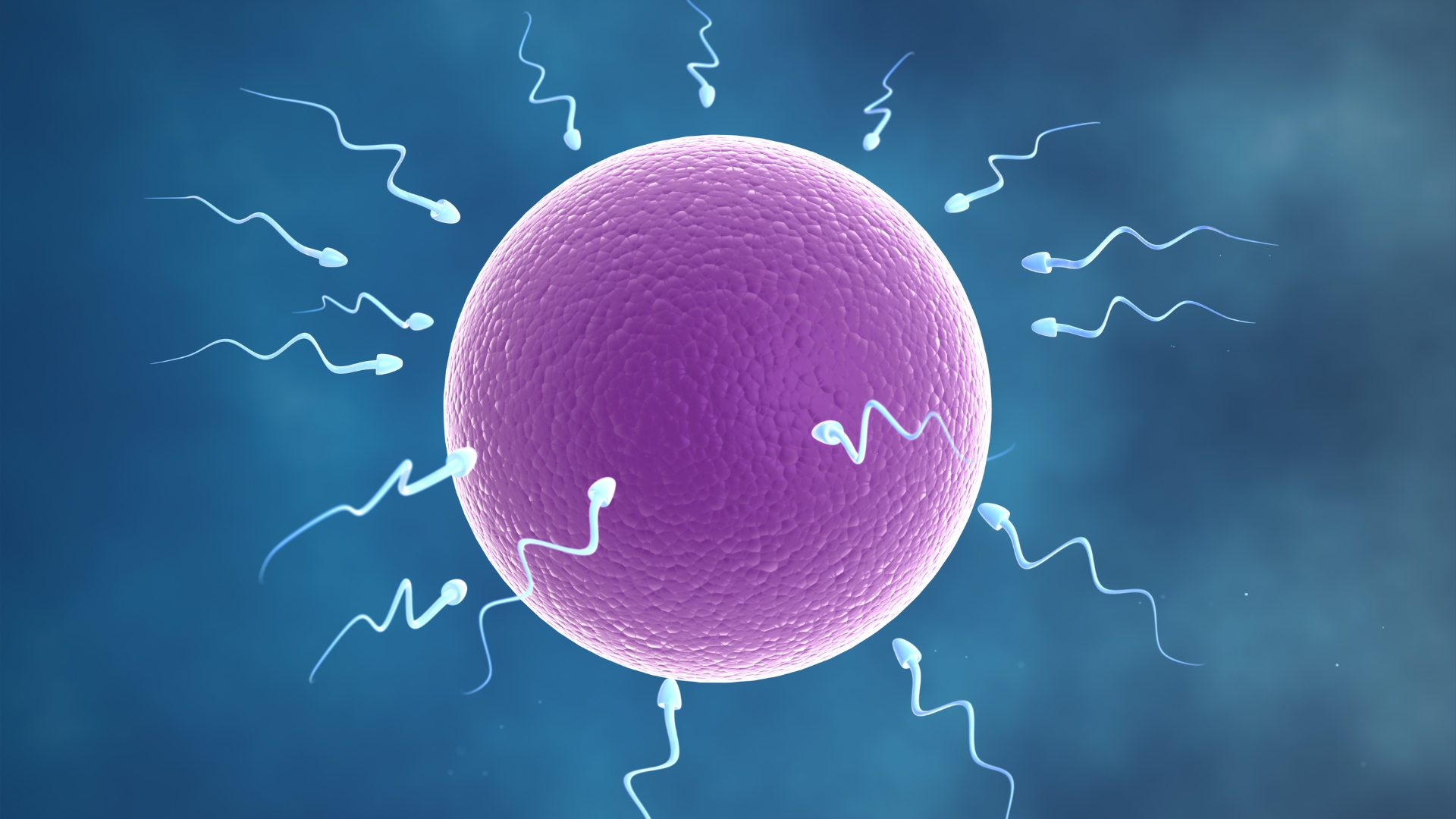IUI with Donor Sperm

Intrauterine insemination (IUI) with donor sperm is a fertility treatment that involves placing sperm from a donor into a woman's uterus to help her get pregnant. The sperm can be fresh or frozen, and it is typically washed and prepared in the laboratory before being placed into the uterus through a small tube that is inserted through the cervix.
IUI with donor sperm is typically recommended for couples who are struggling to conceive due to male infertility or for single women or same-sex female couples who wish to become pregnant. It is a less invasive and less expensive option than in vitro fertilization (IVF) and has a lower success rate. However, it can be an effective treatment for some couples, particularly those with mild fertility issues.
It is important to carefully consider the use of donor sperm and to thoroughly research the process before proceeding with IUI with donor sperm. You should also discuss your options with a fertility specialist and a mental health professional to ensure that you are emotionally prepared for the possibility of using donor sperm to become pregnant.
The process of IUI with Donor Sperm typically involves the following steps:
- Choosing a sperm donor:You will need to choose a sperm donor from a sperm bank or fertility clinic. You will have the opportunity to review the donor's medical and genetic history, as well as any other available information, to help you make an informed decision.
- Obtaining sperm:The sperm will be collected from the donor and prepared in the laboratory for insemination.
- Ovarian stimulation:If necessary, the woman may be given fertility medications to stimulate the production of multiple eggs.
- Insemination:The washed and prepared sperm is placed into the woman's uterus through a small tube that is inserted through the cervix..
- Pregnancy test:A pregnancy test is performed about two weeks after the insemination to determine if the treatment was successful.
It is important to note that IUI with donor sperm is typically performed as part of a cycle of fertility treatments, and multiple inseminations may be necessary in order to achieve a pregnancy. The timing and frequency of these treatments will be determined by the fertility specialist based on the individual circumstances of the couple.




